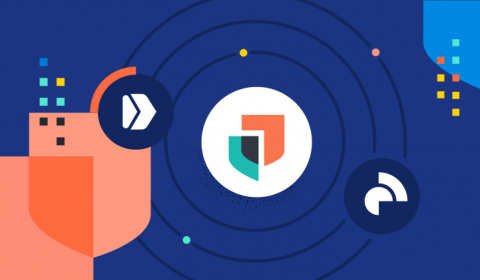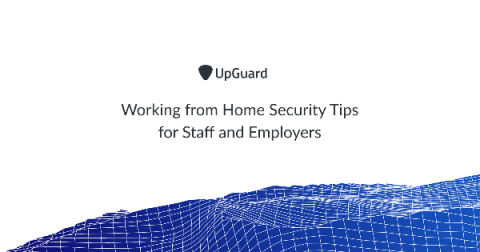The Future is Hybrid: Practicing Security in the Hybrid Cloud
By now, many organizations have adopted the cloud in some way. We saw organizations moving whole servers over to the cloud at the beginning, but now we see small parts of a system being moved to the cloud and new cloud native offerings. We’ll use the analogies of Lincoln Logs and Legos to describe these deployment models.










